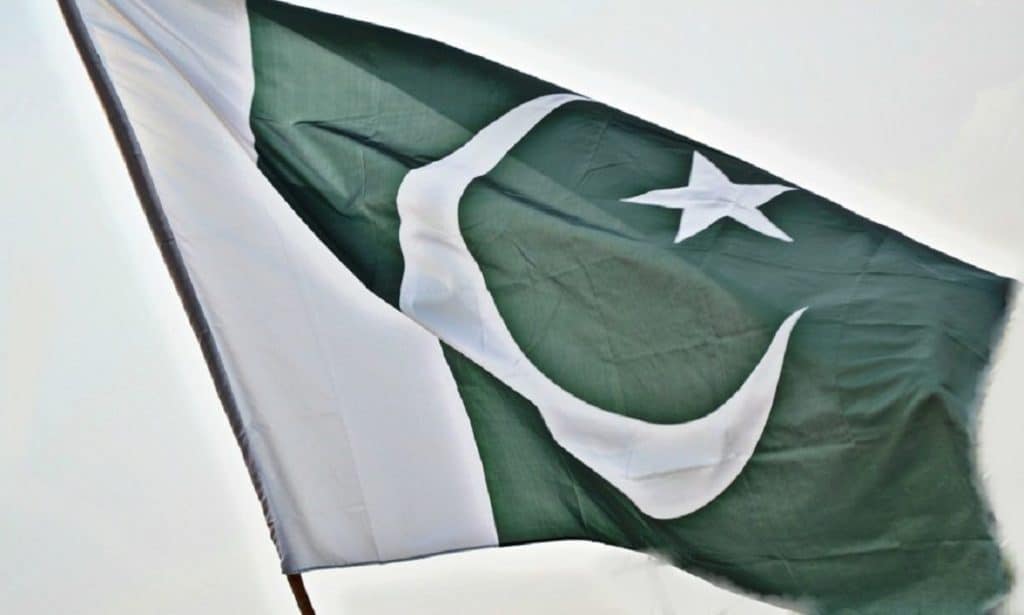By Naeem Barrech
Last year Pakistan experienced socio-political and socio-economic unrest due to political upheaval, natural disasters and economic mismanagement. The current year will be full of challenges and hopes. Many dangers can be mitigated by successfully developing and implementing policies.

The ecological problem will significantly affect the nation in 2023. Unpredictable rainfall patterns and harsh weather could make the Republic’s social and political status unstable. Countries are developing a green economy and using electrolysis to produce pink hydrogen to combat climate change. India, for example, has started a programme to install environmentally friendly solar panels on rooftops for the use of renewable energy. It is crucial to invest in the transition from oil-driven energy sources to renewable energy resources in order to combat climate change and maintain the state’s economic and political progress. Our preference for a stable climate should change to ecological protection in 2023.
Pakistan has a populace that is prone to believing in conspiracy theories. The world has changed because of technology and social media, which occasionally threatens institutional cohesion. Deep fakes and social boots have made a state’s social and political abnormalities worse. One of the main challenges to the stabilisation of the societal fabric in the state is the use of technology to distort democratic and constitutional struggle. The population may be segmented into separate groups as a result of propaganda. The institutional effectiveness of democracy has already been hindered by the polarisation of society. The Republic’s general election will be held in 2023, therefore politicians must think about how to integrate the neighbourhood. Digital political tactics and social networking platform elements should be considered in 2023.
Be taken into account when creating governance policies. We should use technology and artificial intelligence to process data and statistics in order to harness the impending threats of economic and social upheaval. Big data and technology should be utilised by the federal government while making state-level policies. The agenda should include the use of technology for digital democracy and broad public participation.
The school system in Pakistan, which was already battling educational inequities, has suffered greatly as a result of Covid-19. In 2023, the classroom issue will be a crucial factor to take into account. Future generations should be able to invent and create in new ways thanks to the architecture of our educational system. Education strategy needs to be developed in 2023 so that education can impart the necessary 21st-century skills to compete globally. Education has the power to solve a wide range of complex issues and prevent stagnation on the path to excellence.
The problems of unemployment, the food crisis, urban sprawl, etc. have gotten worse as a result of overpopulation. In 2023, depopulation should be the main focus of policy. This demographic decline could promote gender equality and gender participation. The empowerment of women might reduce the birth rate. Women who are literate are aware of the complexity of post-fatal concerns and the financial commitment involved in rearing children, allowing for the integration of women’s inclusion, education, and empowerment for depopulation.
Not least among other things, poor governance can impede administrative tasks. The likely general election in 2023 and the recent transition at GHQ could be handled with the cooperative slant of an oligarchy of the civil and military. The upcoming year should be planned to transform institutional stagnation into vibrancy.
2022 has been a year of peril and paranoia. In 2023, we must be determined to address the grave problems of climate change, population growth, and digital political polarisation at the state level. The global community is opening markets and borders as a result of COVID-19. As the country with the greatest geopolitical and strategic significance in the area, Pakistan, in the year 2023, should take advantage of numerous opportunities and alternatives to push the economy, maintain the environment, and transform political preferences.
Naeem Barrech is a graduate of Global politics and History from Baluchistan. He is an executive member of Human Rights council of Pakistan (Balochistan Chapter) and writes on several platforms nationally and internationally.
(The opinions expressed in this article are solely those of the author and do not necessarily reflect the views of World Geostrategic Insights)







